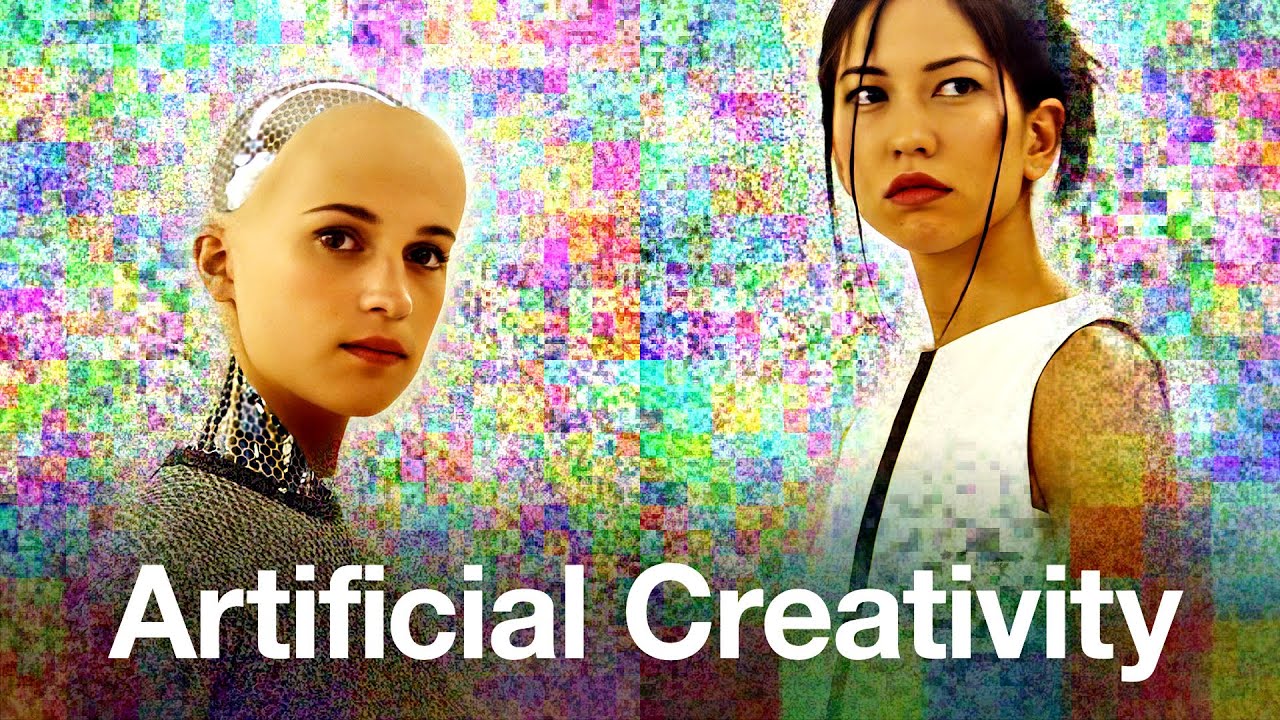Kirby Ferguson has done it again, with part 4, his final segment, of the Everything is a Remix. The series, started in 2010, to me, was always essential when I taught digital media classes.
But leave it to Ferguson, to dig through the hype of AI to get to the big questions (and answers=“no one knows for sure”)
Of all Humanity’s technological advances, artificial intelligence is the most morally ambiguous from inception. it has the potential to create either a Utopia or a dystopia. Which reality will we get? Just like everybody else I do not know what’s coming but it seems likely that in coming decades these visions of our imminent demise will seem campy and naive because our imaginings of the future always become campy and naive.
After placing AI in context of it’s portrayal in literature and the movies, playing through the overhype and the critics, Ferguson takes AI Image generation to “court” where he zones on the hinge copyright question if the AI process of diffusion is truly copying (unclear) and that it’s going to be a long play in the courts.
He moves to the larger criticism that AI creates but does not create art:
AIs will not be dominating creativity because AIs do not innovate. They synthesize what we already know. AI is derivative by design and inventive by chance. Computers can now create but they are not creative. To be creative you need to have some awareness, some understanding of what you’ve done. AIs know nothing whatsoever about the images and words they generate. Most crucially, AIS have no comprehension of the essence of art, living, AIs don’t know what it’s like to be a child, to grow up, to fall in love, to fall in lust, to be angry, to fight, to forgive, to be a parent, to age, to lose your parents, to get sick, to face death. This is what human expression is about. Art and creativity are bound to living, to feeling. Art is the voice of a person and whenever AI art is anything more than aesthetically pleasing it’s not because of what the AI did it’s because of what a person did.
What do you think of Ferguson’s arguments?
Lastly he closes with the assertion, of the title of the entire series, that since everything we do, create, invent, is a remix, than it’s free to remix into something new, and boldly stated, " and yes I did it all without permission."
On some videos about AI the big reveal is that this video was actually made by AI. But this video and this series is the opposite. Nothing has been AI except where I cited AI art. This is entirely human made, The words are all mine but they’re merged from the thoughts of countless people. Everything you’ve seen and heard is from real filmmakers and musicians and game developers and other artists. All these thoughts and all this media were remixed by me into something new and yes I did it all without permission.
Everything is a remix is a testament to the brilliance and beauty of human creativity. In particular it’s a testament to collective creativity. Human genius is not individual it is shared.
